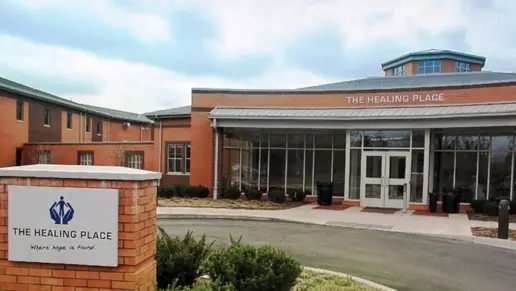Awesome place, the staff is great. They are always watching watching over the needs of their clients. They help me a lot now I have a new life.
About Pathways – CRRU West.
A wide range of programs are available for individuals with substance use disorders at Pathways’ Crisis and Residential Recovery Unit West located in Mount Sterling, Kentucky. Their facility has 25 beds. In order to treat substance use disorders, they offer 28-day treatment at the American Society of Addiction Medicine 3.1 and 3.5 levels of care.
The 3.5 program is a voluntary treatment plan that includes self administration of medication when necessary and round the clock monitoring. Ongoing assessments and evaluations are carried out by their committed staff who also facilitate self help groups educational services and individual and group therapy. In addition to 12 hours of scheduled daily activities, you’ll engage in at least two to three hours of clinical work with a licensed professional every day.
Integrated mental health therapy is often conducted by an Advanced Practice Registered Nurse to address your medical needs. The program accepts medication for opioid use disorder in various forms and ensures that primary care services are provided early in your treatment. They also monitor and treat withdrawal symptoms.
In the 3.1 program, clinical therapy is reduced to at least five hours per week but treatment is extended to 28 to 35 days. More emphasis is placed on putting recovery skills into practice which may include participation in support groups, everyday living activities, family dynamics, and vocational training.
In addition to attending to urgent family mental health employment and housing needs, you’ll participate in 12 hours of structured daily activities. They place a strong emphasis on your personal development and give you the tools you need for continuing care including intensive outpatient outpatient and partial hospitalization services.
Their combo of specialty and primary care creates a comprehensive approach to your recovery process and paves the way for long term wellbeing.
Facility Overview
Rehab Score
Other Forms of Payment
Medicaid is a state based program that helps lower-income individuals and families pay for healthcare. Medicaid covers addiction treatment so those enrolled can use their coverage to pay for rehab. When a program accepts Medicaid the client often pays very little or nothing out of their own pocket.
Private insurance refers to any kind of healthcare coverage that isn't from the state or federal government. This includes individual and family plans offered by an employer or purchased from the Insurance Marketplace. Every plan will have different requirements and out of pocket costs so be sure to get the full details before you start treatment.
Self-pay involves paying for treatment out of your own pocket. You can use savings or credit, get a personal loan, or receive help from family and friends to fund your treatment. If you don't have insurance or your insurance plan doesn't cover a specific program, self-pay can help ensure you still get the care you need.
Financial aid can take many forms. Centers may have grants or scholarships available to clients who meet eligibility requirements. Programs that receive SAMHSA grants may have financial aid available for those who need treatment as well. Grants and scholarships can help you pai for treatment without having to repay.
Sliding scale payments are based on a client's income and family size. The goal is to make treatment affordable to everyone. By taking these factors into account, addiction recovery care providers help ensure that your treatment does not become a financial burden to you or your family, eliminating one barrier to care.
Addiction Treatments
Levels of Care
Treatments
The goal of treatment for alcoholism is abstinence. Those with poor social support, poor motivation, or psychiatric disorders tend to relapse within a few years of treatment. For these people, success is measured by longer periods of abstinence, reduced use of alcohol, better health, and improved social functioning. Recovery and Maintenance are usually based on 12 step programs and AA meetings.
Drug rehab in Kentucky often starts with detox, then includes inpatient or outpatient treatment, and continues with aftercare support. Specific methods used during each of these phases varies, but often include individual and group counseling, medication, and recreational therapies.
Opioid rehabs specialize in supporting those recovering from opioid addiction. They treat those suffering from addiction to illegal opioids like heroin, as well as prescription drugs like oxycodone. These centers typically combine both physical as well as mental and emotional support to help stop addiction. Physical support often includes medical detox and subsequent medical support (including medication), and mental support includes in-depth therapy to address the underlying causes of addiction.
Substance rehabs focus on helping individuals recover from substance abuse, including alcohol and drug addiction (both illegal and prescription drugs). They often include the opportunity to engage in both individual as well as group therapy.
Programs

Clinical Services
Experiential therapy is a form of therapy in which clients are encouraged to surface and work through subconscious issues by engaging in real-time experiences. Experiential therapy departs from traditional talk therapy by involving the body, and having clients engage in activities, movements, and physical and emotional expression. This can involve role-play or using props (which can include other people). Experiential therapy can help people process trauma, memories, and emotion quickly, deeply, and in a lasting fashion, leading to substantial and impactful healing.
Research clearly demonstrates that recovery is far more successful and sustainable when loved ones like family members participate in rehab and substance abuse treatment. Genetic factors may be at play when it comes to drug and alcohol addiction, as well as mental health issues. Family dynamics often play a critical role in addiction triggers, and if properly educated, family members can be a strong source of support when it comes to rehabilitation.
Group therapy is any therapeutic work that happens in a group (not one-on-one). There are a number of different group therapy modalities, including support groups, experiential therapy, psycho-education, and more. Group therapy involves treatment as well as processing interaction between group members.
In individual therapy, a patient meets one-on-one with a trained psychologist or counselor. Therapy is a pivotal part of effective substance abuse treatment, as it often covers root causes of addiction, including challenges faced by the patient in their social, family, and work/school life.
Amenities
-
Private Setting
Staff & Accreditations
Staff
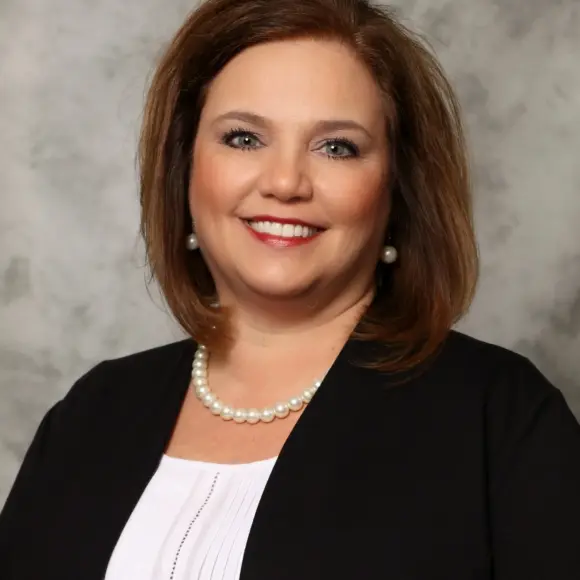
CEO
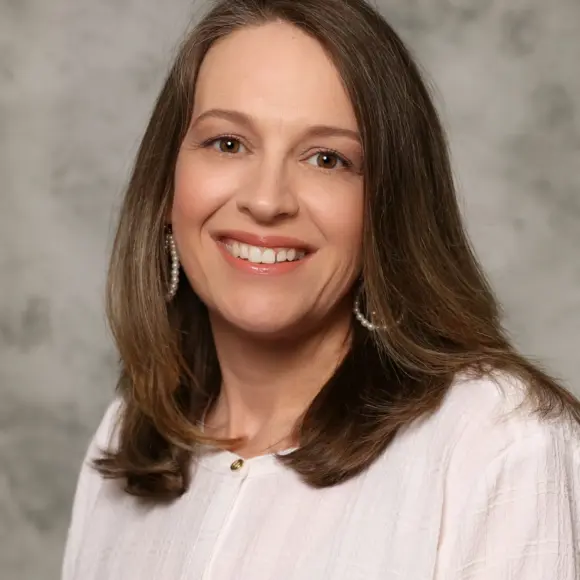
Executive Assistant to the CEO
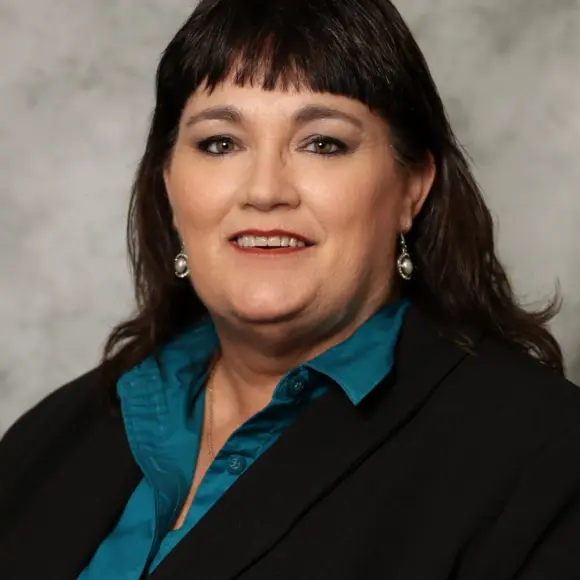
Director of Emergency Services
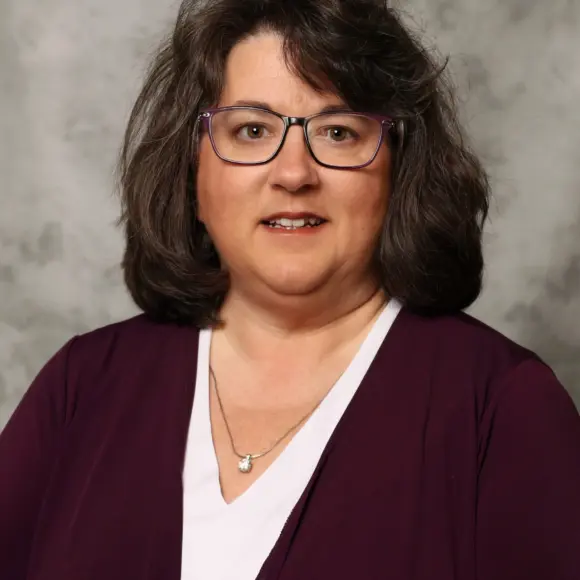
Chief Compliance Officer
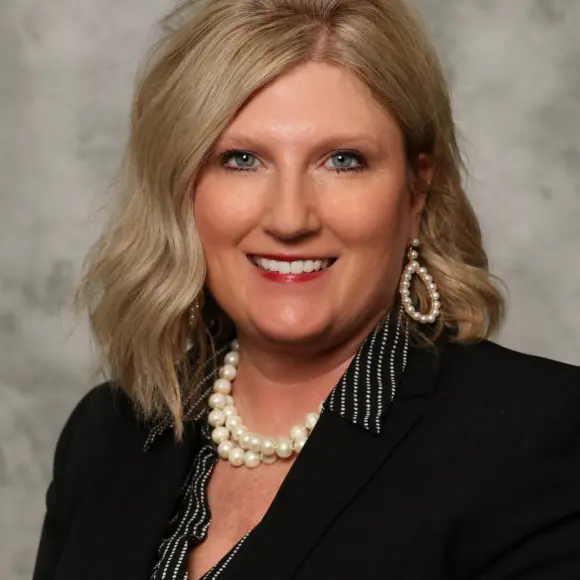
CFO
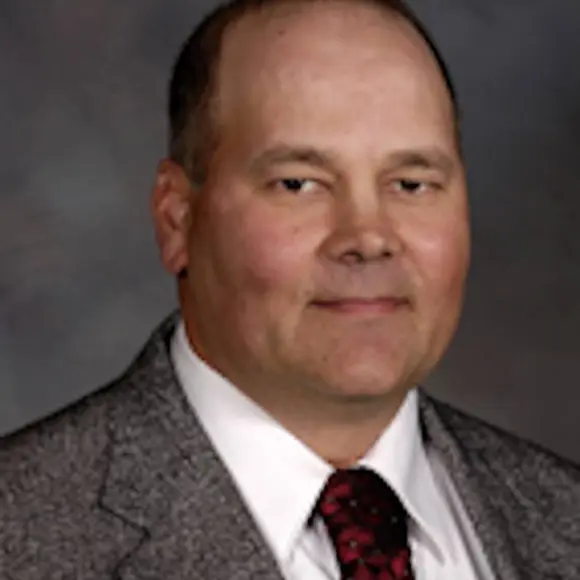
Chief Information Officer
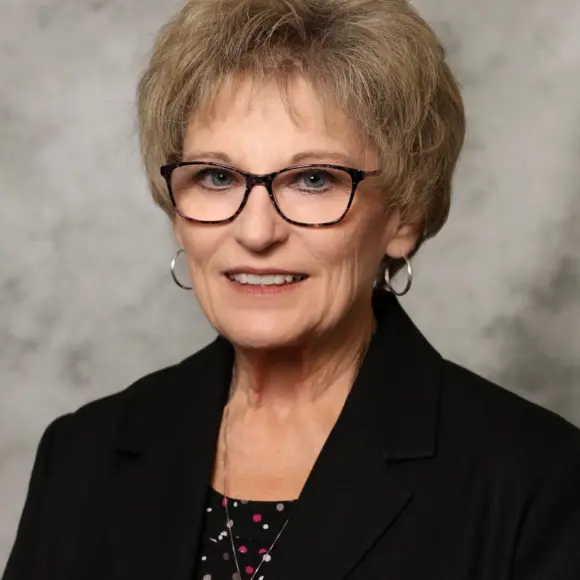
Chief Business Development Officer

Medical Director
Accreditations

The Commission on Accreditation of Rehabilitation Facilities (CARF) is a non-profit organization that specifically accredits rehab organizations. Founded in 1966, CARF's, mission is to help service providers like rehab facilities maintain high standards of care.
CARF Accreditation: Yes
Contact Information
209 Davis Road
P.O. Box 385
Mount Sterling, KY 40353

